|
"To travel is to take a journey into yourself" -Danny Kaye This post is part of the My Favorite Classic Movie Blogathon in celebration of National Classic Movie Day (May 16th). Click here to view the schedule listing all the great posts in this blogathon.I can’t find anything I’m looking for. Whether it is an object or a location. When I was younger, my parents would send me upstairs to fetch something, and I would come back saying that I couldn’t find it. They’d proceed to grab it immediately upon entering the room they’d sent me to. “If it was a snake it would have bitten you!” they’d say. Why do we have a tendency to miss the most obvious things? Can’t find your sunglasses? That’s because they’re on your head. Can’t find your car keys? They’re in your hand. Things right in front of us have a tendency to be overlooked. I mean, why would something we are searching for be so obvious to us? So far we’ve talked about mundane searches - lost keys and meaningless objects. But that search we all undergo to find meaning in our lives plays out in much the same way. I myself tend to think that what I am doing, not currently, has very little impact on the world around me. Much less the entire human existence. Are you like me, wishing you could do something that would impact the world on a greater scale? Thinking that what you're doing has no influence on others? John L. Sullivan felt the same way. Sullivan’s Travels (1941) begins with the dramatic ending of a movie. Sullivan and two studio heads are screening a film, which has just been held over for a fifth week at the music hall. But it bombed in Pittsburgh. Sully wants to direct a film that has social meaning, with a little sex. He has his eyes set on an adaptation of a book titled “Oh Brother, Where Art Thou?” The studio executives inadvertently give him the idea that he needs to suffer in order to understand the mood of the piece. So, Sully decides to leave his mansion with only a dime in his hand. Dressed as a bum, he is going to find trouble. He gets some clothing from wardrobe. He couldn’t look more like a movie hobo if he tried. Before he departs on his journey he gets some advice about the trip from Burrows, his butler.“The poor know all about poverty and only the morbid rich would find the topic glamorous.” “But I'm doing it for the poor. Don't you understand?” “I doubt if they would appreciate it, sir. They rather resent the invasion of their privacy. I believe quite properly, sir. Also, such excursions can be extremely dangerous, sir. I worked for a gentleman once, who likewise, with two friends, accoutred themselves, as you have, sir, and then went out for a lark. They have not been heard from since...You see, sir, rich people and theorists, who are usually rich people, think of poverty in the negative, as the lack of riches, as disease might be called the lack of health. But it isn't, sir. Poverty is not the lack of anything, but a positive plague, virulent in itself, contagious as cholera, with filth, criminality, vice and despair as only a few of its symptoms. It is to be stayed away from, even for purposes of study. It is to be shunned.” A tour bus has been assigned to follow him with a secretary, shower, cook, bar and a radio connected to the studio. As he walks along the side of the road, the yacht creeps slowly behind as if it waiting to attack some prey. After hitching a ride and giving chase, which happens to include all of the cliches Sullivan mentioned earlier during his discussion with the studio heads.. Sully convinces the crew to let him be and that he will meet with them in Las Vegas on the first. This part has one of my favorite lines in the film. The doctor inquires about Las Vegas and the bus driver simply states “ Thus begins the first part of Sully’s education. He has found his way to the home of a widow and her sister. There he is helping with some chores in exchange for room and board. After noticing Sully’s torso, miss Zeffie decides that maybe they go see a picture show. This brings up the problem of covering Sully’s torso. Wearing her deceased husband’s clothing, Sullivan attends what appears to be a very drab picture with the sisters. Kids are chomping away, blowing whistles. A man is hiccuping and chewing at the same time. Enjoyment does not appear to be had by any. Especially Sully, who is having the moves put on him by Zeffie. The camera lingers on the sandwich sign outside for the triple feature. Beyond These Tears, The Valley of the Shadow The Buzzard of Berlin, also SWINGO. I imagine SWINGO to be a uproariously funny picture that really ends your night in a better place than the three other pictures. Surgess is trying to make a point about the nature of films that have meaning. They don’t serve a purpose to the common man or child. After the picture show they settle in for the night. Miss Zeffie turns down Sully’s bed for him as it is “woman’s work.” As she is locking the door so that he can’t leave she says to her sister, “Oh, I do hope he’ll stay.” As if he had a choice in the matter. Sullivan tries to make his escape through the bathroom only to be greeted by Zeffie waiting for him eagerly. He finally decides to use the classic sheet rope tied to the bedpost to make his escape, but is caught up on a nail and falls in some water. A theme we will see more than once. He hitches a ride and unwittingly ends up back in Hollywood. This is where he meets the Girl, played by the lovely Veronica Lake. She buys him some ham and eggs. After a conversation about acting and Ernst Lubitsch Sully tells the Girl that he knows a guy who is out of town and he can borrow his car. He’s speaking of himself, of course. During the car ride they talk about film. Particularly Sullivan’s filmography of which he is not impressed. The Girl is though. She recants a scene from Hey, Hey in the Hayloft. Unfortunately they get pulled over and arrested. Once the butler and the valet arrive to pick up the car they realize it was Sully who had it. The Girl insists that Sully buy her some ham and eggs. He takes her back to his place where she pushes him in the pool. She feels like she’s been played. During breakfast she insists that she come with him. And after another pool incident, what a gag, they head off to the train yard to catch a train. The butler is still warning Sully against this endeavor. They don’t make it too far, as Sullivan has caught a cold. They arrive in Las Vegas to find the lan yacht waiting for them. There Sully must stay in bed for a few days. The third travel of Sullivan, or what I would deem his third, is set up in a montage sequence. We see Sully and the Girl in a bread line, at a shelter, listening to a revival, working as sign holders, and generally walking around bumming it. Finally they’ve had it and refuse to eat out of a garbage can. So, they head home. The adventure is over. Or as Mr. Jones puts it, “It's all finished. The greatest expedition of modern times. Almost the greatest sacrifice ever made by human man. He's the past-master of poverty. He knows everything.” Which is not actually the case. Sully is going to had out $1000 in five dollar bills to hobos in gratitude for the lesson they’ve taught him. Funny thing about carrying a huge wad of money on the street and handing it out to people. People take notice. One hobo in particular. He follows Sully for a little while then makes a move to get ahead of him. Once hiding, he waits for Sully to come around the corner and jumps him taking his money and his shoes. Always with the shoes. Sully is left unconscious in a train car headed to who know’s where. Unfortunately for the hobo he is hit by a train, leaving only his shoes and a scatter of money. Meanwhile at the office everyone waits for the arrival of Sullivan. They are checking the police stations, hospitals and lastly the morgue. Turns out there is a body of a hobo there that was found on the train tracks. There is an identification in the sole of the shoe for Sullivan. He is dead. A train car pulls into the yard. The yard boy moves closer as a disoriented man leans out. Sully doesn’t know where he or who he is for that matter. The yard boy asked him why he rode into the yard. After being pushed to the ground Sully takes a rock to the yard boy’s head. Cut to a courtroom in a haze as Sully is being prosecuted for the crime of assault. His lawyer pleads guilty for him and he is sentenced to six years hard labor. Once at the labor came Sully is in his right mind and insists on a lawyer. He is beaten by the head of the camp, Mister. The next day or some days later we don’t know, the chain gang is working along a river. When Sully reads the newspaper noting his mysterious death he his put in the hot box. He is slowly learning that he has lost all his rights. The big event for the chain gang is the picture show on Sunday at a local African American church. This is probably my favorite part of the film. Not only for the way that it is shot, but also for its content. This is where the big revelation happens. Sully and the crew watch a Disney feature with Mickey Mouse, which makes everyone laugh. It is here that Sully comes to terms with the role of the comedy in film. After this Sully is determined to get out of his six year sentence. How he is he going to do this? Get his picture in the paper. Who gets their picture in the paper? Ballplayers, girls, murderers. Like the Blowtorch Killer. Yes, murderers. Sully begins to yell “I killed John L. Sullivan! I want to confess to the murder of John L. Sullivan!” This gets his picture in the paper. Leading to a fast paced series of calls by all the staff at the studio. They hop on a plane and get Sully released. Turns out his wife remarried while he was presumed dead. As they are flying back home everyone is excited for the Sully to make Oh Brother, Where Art Thou. Only he announces that he doesn’t want to make Oh Brother, Where Art Thou. Everyone is stunned. He cited that there are many reasons why he doesn’t want to make it. He is too happy, he hasn’t suffered enough, and as he puts it, “There's a lot to be said for making people laugh. Did you know that that's all some people have? It isn't much, but it's better than nothing in this cockeyed caravan.” He imagines, along with the audience, groups of people laughing. The film comes to an end. I think that there are two main themes to Sullivan’s Travels. First, what you are looking for may be right in front of you. Second, film as escapism serves a purpose that is just as important as films with a message.
Sullivan feels as though what he is doing is not contributing to society. He wants to make a picture that does. So he sets out on a journey, many times in fact, during the course of the film. The purpose of this journey is to “get into trouble.” By doing so, Sully can learn about what it’s like to be poor. Something of which he has no knowledge. Along the way he discovers things about himself. During his first couple adventures Sully ends up back in L.A., as though fate is trying to force him home. He discusses this in a nasally monologue to The Girl; “It's a funny thing how everything keeps shoving me back to Hollywood or Beverly Hills, or this monstrosity we're riding in. Almost like, like gravity as if some force were saying, 'Get back where you belong. You don't belong out here in real life, you phony you.!'...Maybe there's a universal law that says, 'Stay put. As you are, so shall you remain.' Maybe that's why tramps are always in trouble. They don't vote. They don't pay taxes. They violate the law of nature...But nothing is gonna stop me. I'm gonna find out how it feels to be in trouble, without friends, without credit, without checkbook, without name. Alone.” Whether it is fate or some other force that is leading Sully, it is not without a purpose. It is the end of his first adventure that he meets The Girl. “There’s always a girl in the picture. Haven’t you ever been to the movies?” The Girl not only brings the sex appeal of Veronica Lake into the picture, but also acts as Sully’s real world guide. She won’t let him go alone on his adventure. She stays with him through his entire journey, even though she is very hungry. She becomes his love interest by the end of the film as well. It is not until the last act of the film that Sully has the epiphany that what he’s been doing all along serves a purpose. It is also in the last act that he truly finds trouble. To this point he has always had the opportunity to return to the real world. Just as he stated earlier, he wanted to be alone. And it is not until he is truly alone that he can reach the knowledge he has been searching for the whole film. He must lose it all to gain anything. This last act is where we see the power of film, specifically comedic film, as serving a purpose. Convicts and African Americans gather in a church to screen a Disney short. Both groups essentially void of rights by the society they live in. In the dark there is a shared sense of community. Together they can escape poverty, racism, and imprisonment. There is power in laughter. Escapism has always been a topic of conversation in film. Lovers of highbrow films, art house pieces, etc. have a tendency to look down upon “popcorn” films. Claiming they have no substance or purpose. Sullivan himself aspires to create something socially meaningful. Throughout the film characters point out the fact that films with a message aren’t as enjoyable. the beginning of the film the executives try and sway him from making Oh Brother, Where Art Thou. “I want this picture to be a commentary on modern conditions, stark realism, the problems that confront the average man.” Sully says with fervor. “But with a little sex.” states Lebrand. Lebrand knows that message films tend to bore the audience. As we see later when Sully is dragged to that triple feature of drab pictures. The Girl also stresses this to him in the car ride “...There's nothing like a deep-dish movie to drive you out in the open.” Sullivan is so determined to make Oh Brother, Where Art Thou he is unable to see the signs in front of him. What Sully eventually sees is that what he has been doing all along, making people laugh, serves an enormous purpose. When I was thinking about my favorite classic film for this blogathon I wanted to talk about a film that had a greater meaning to me than just entertainment, good direction or great acting. Sullivan’s Travels speaks to me on multiple levels about finding yourself. About the power of art, especially that of film to help us let go of everything and get lost in a story. I hope that if you haven’t seen this film that you check it out. I watched this film on the Criterion Collection blu-ray. It contains some great extras, artwork and essays on the film. Check it out here.
11 Comments
"Escapism serves a purpose that is just as important as films with a message." That is so true! And it makes SULLIVAN'S TRAVELS all the more interesting because it is, to a degree, an escapist comedy...but it also features an important message. Those are the best films...but you will never find me dissing a movie designed simply to make its audience forget about the mundane aspects of everyday life.
Reply
5/18/2015 05:05:05 am
Rick, Thanks for the comment. Those are the best films. I think films like Sullivan's Travels don't come around very often.
Reply
Gary R.
5/17/2015 08:41:30 pm
Thanks, I enjoyed your "Sullivan" tribute enough that it caused me to visit the film again on video. Along with the qualities of the film that were covered in your piece, I've also always enjoyed its cockeyed caravan of character actors, many of whom were members of Sturges' stock company. People like William Demarest, Jimmy Conlin and Al Bridge always contributed greatly to Sturges' films (and in so many others). Although Veronica Lake wasn't part of the stock company, her performance in the film is very appealing. It's too bad she never appeared in anything else for Sturges.
Reply
5/18/2015 05:10:08 am
Gary, Thanks for the comment. I really like the cast of character actors, William Demarest being my favorite. They really add so much to the film. Yes, SWINGO, I thought about that after I posted. I think you are right. Thank you so much bringing that up.
Reply
5/18/2015 05:14:04 am
Cameron, Thanks for reading my post. I am really glad you enjoyed it.
Reply
5/18/2015 07:03:39 am
Wait a cotton-picking minute.
Reply
5/18/2015 07:53:19 am
Thanks for the comment. Yes you should definitely check it out on Criterion. They should really do like an Eclipse Series for Sturges
Reply
5/24/2015 05:02:45 am
Must admit that I've never seen this one - I'm not sure why, I'm a big McCrea fan. But it's good to know there's a few films to discover!
Reply
5/24/2015 12:47:14 pm
It is always nice to discover a gem...definitely worth checking out. Thanks for checking out the blog.
Reply
Leave a Reply. |
The Distracted BloggerI watch movies. I write about them here. I watch more movies. I get nothing else done. Archives
April 2020
Suggested Reading...Sunset Gun
Sergio Leone And The Infield Fly Rule Self-Styled Siren Wright On Film Video WatchBlog Coffee Coffee and More Coffee The Nitrate Diva She Blogged By Night Acidemic These Violent Delights Movies Silently Classic Film and TV Cafe Speakeasy Shadows And Satin MovieMovieBlogBlog Girls Do Film CineMavin's: Essays from the Couch Sliver Screenings A Shroud of Thoughts Stardust In The Good Old Days of Classic Hollywood Silver Scene Criterion Blues Now Voyaging Serendipitous Anachronisms Outspoken and Freckled B Noir Detour Journeys in Darkness and Light Easy Listening...Criterion Close-Up
Criterion Cast The Talk Film Society Wrong Reel Flixwise Daughters of Darkness The Projection Booth BlogathonsBlogathons I've done. |

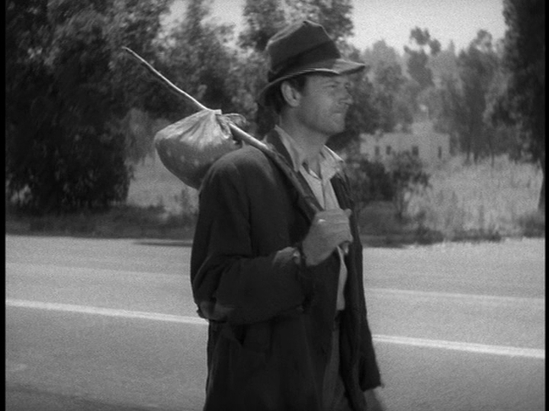
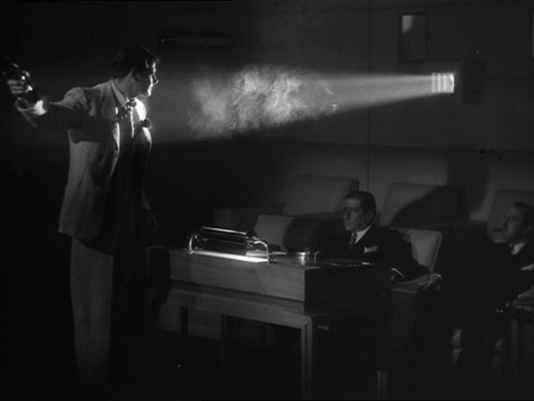
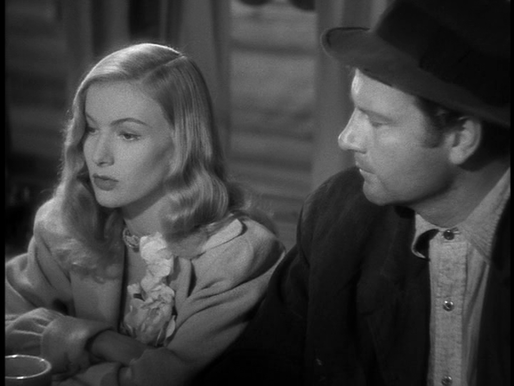
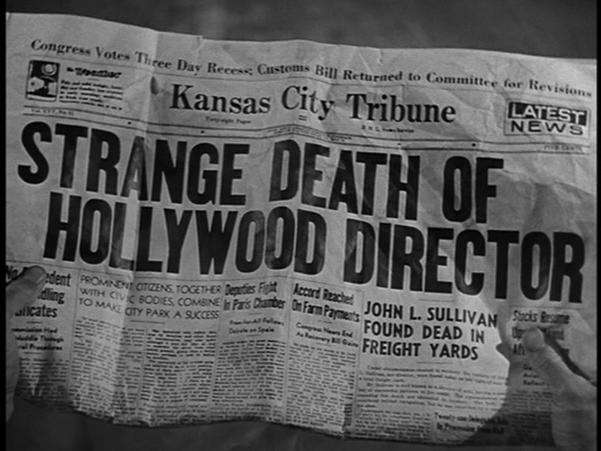
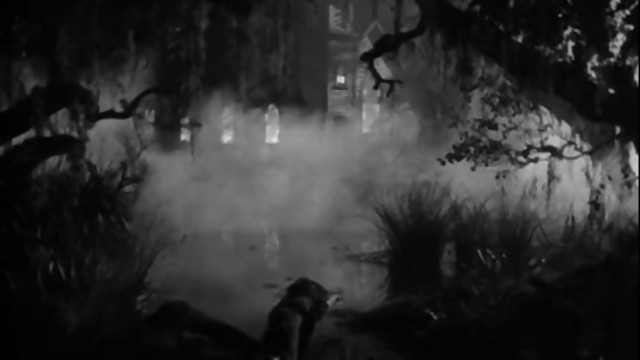
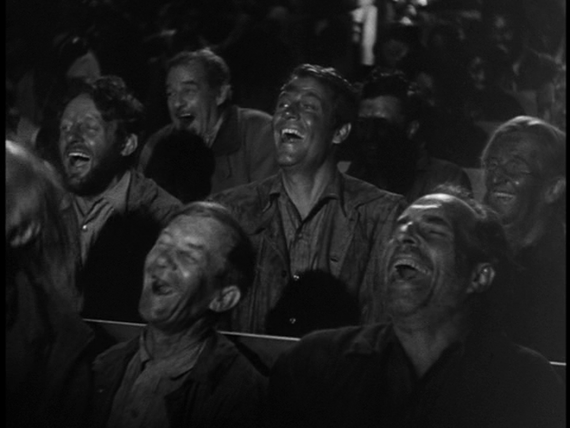
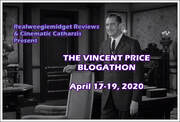
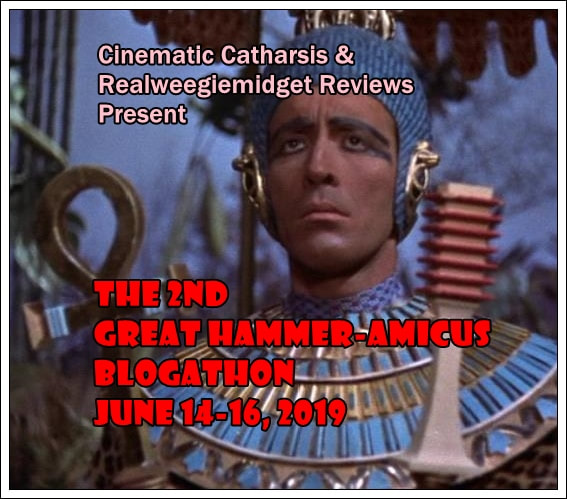
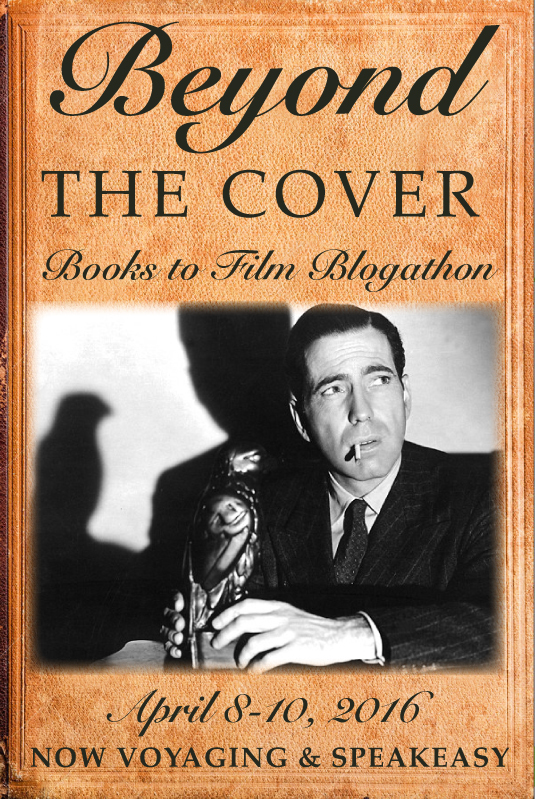
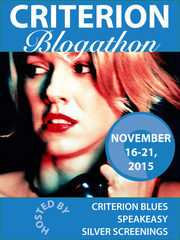
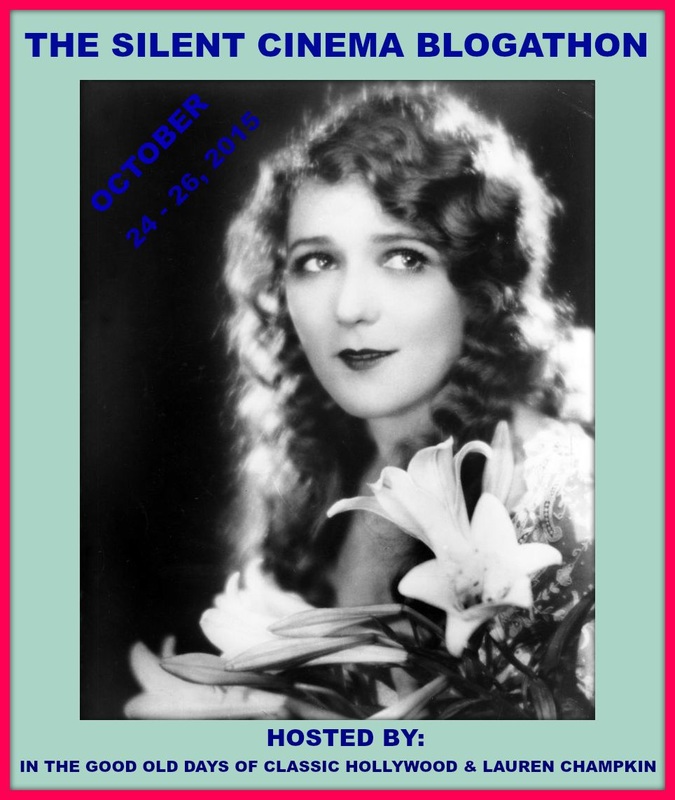
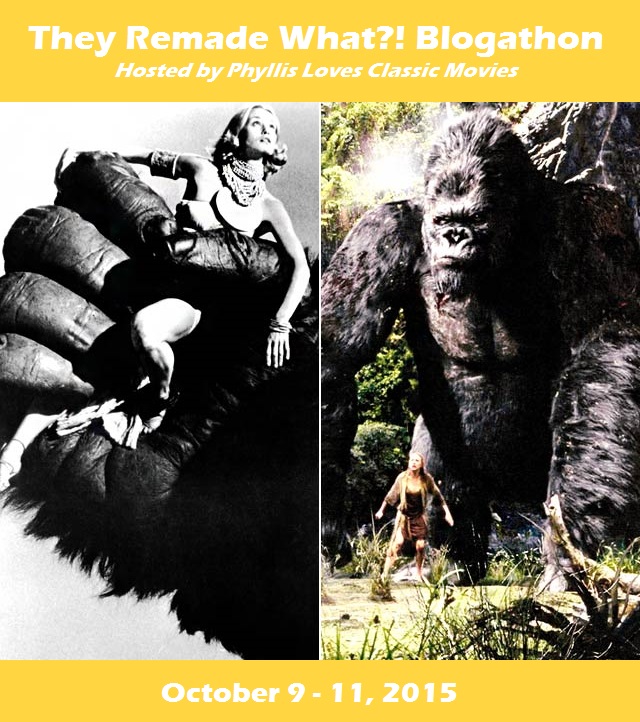

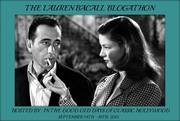
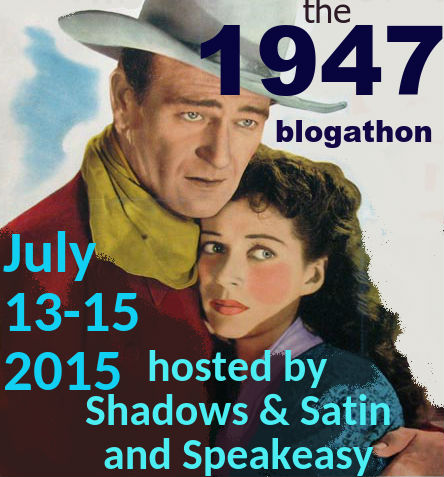
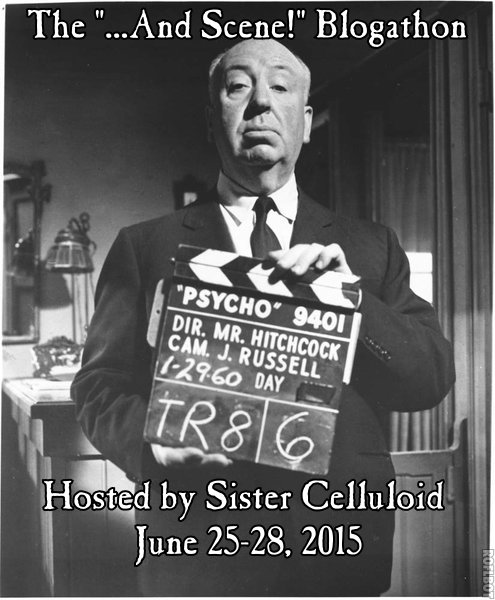
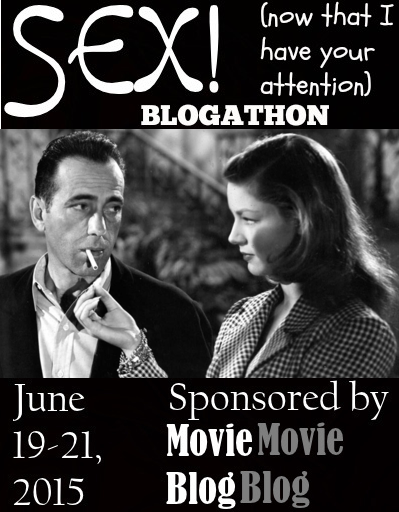
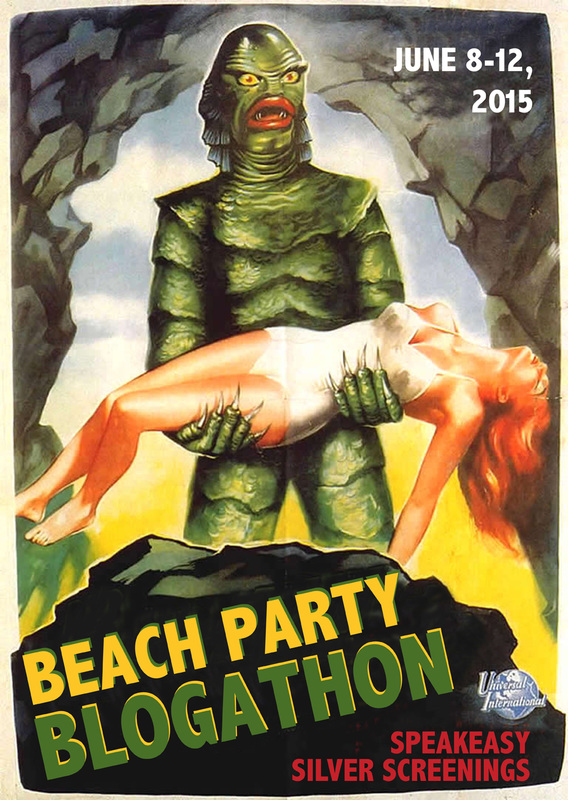
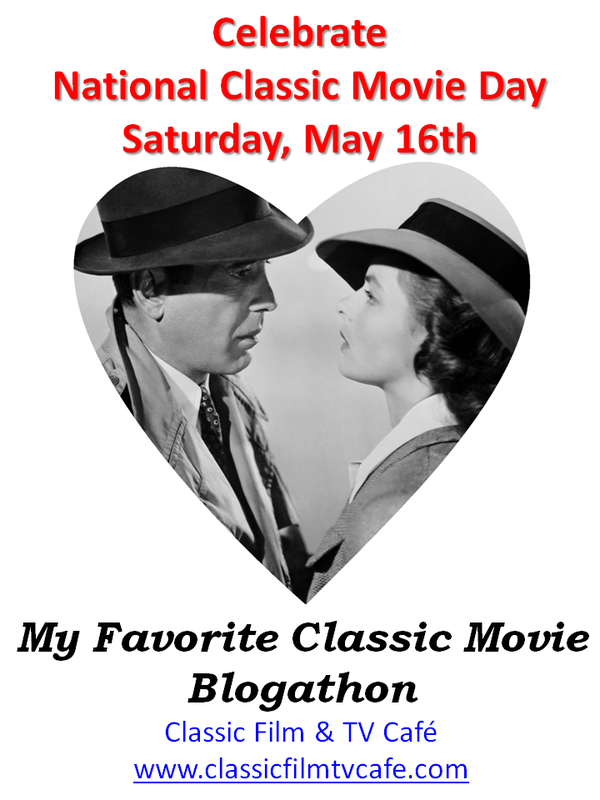

 RSS Feed
RSS Feed
